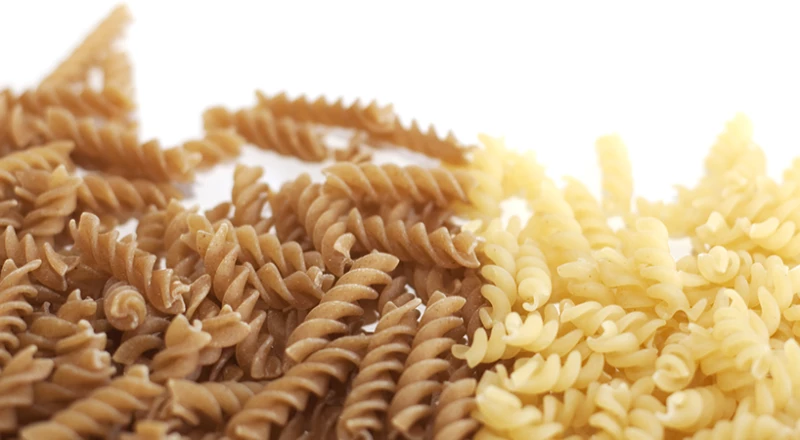Deploy Folding Table of contents
When it comes to eating a healthy, balanced diet, sugar plays an important role. Although sugar can provide a quick energy boost, it also has the potential to cause long-term damage to your health if consumed in excess. Because of this, it is important to understand the differences between fast and slow sugars, and which type of sugar is best for you.
Investigating the Impact of Fast and Slow Sugars
The terms fast and slow are often used to refer to the rate of digestion and absorption of sugars. Fast sugars, such as sucrose, glucose, and fructose, are quickly broken down by the body and absorbed into the bloodstream. This can cause a rapid spike in blood glucose levels, resulting in a sudden energy surge, followed by an energy crash. Slow sugars, such as complex carbohydrates, are broken down more slowly and absorbed into the bloodstream over a longer period of time. This results in a steadier rise in blood glucose levels, providing a more prolonged energy boost.
The Benefits and Drawbacks of Different Types of Sugars
Both fast and slow sugars have their advantages and disadvantages. Fast sugars, such as processed table sugars, provide a rapid energy boost and can help fuel intense physical activity. However, they can also cause a rapid rise in blood glucose levels which can be damaging to your health in the long-term. Slow sugars, such as complex carbohydrates, provide a steadier energy boost, but they take longer to digest and may not provide enough of an energy boost for some activities.
Taking a Closer Look at How Sugars Affect Your Health
Consuming too much sugar can have a negative impact on your health. High sugar consumption can lead to weight gain and an increased risk of type 2 diabetes, heart disease, and even certain cancers. That being said, not all sugars are created equal. Natural sugars, such as those found in fruits and vegetables, have been found to have a lower glycemic index than processed sugars, meaning they are less likely to cause a spike in blood glucose levels.
Pros and Cons of Fast and Slow Sugars: What You Need to Know
When it comes to choosing between fast and slow sugars, it is important to consider the benefits and drawbacks of each. Fast sugars, such as processed table sugars, provide a rapid energy boost, but can lead to rapid spikes in blood glucose levels if consumed in excess. Slow sugars, such as complex carbohydrates, provide a steadier energy boost, but may not be enough to fuel intense physical activity. Ultimately, it is important to balance the two types of sugars in order to maintain a healthy lifestyle.
When making decisions about sugar consumption, it is important to be mindful of the types of sugar you are eating. Natural sugars, such as those found in fruits and vegetables, are better for your health than processed sugars. However, it is also important to note that both fast and slow sugars can be consumed in moderation, as long as you are mindful of the types of sugars you are eating and the amount you are consuming.
An Overview of Which Sugars are Best for You
Ultimately, it is important to be mindful of the types of sugars you are consuming and the amount you are eating. Natural sugars, such as those found in fruits and vegetables, are healthier than processed sugars, and should be eaten in moderation. Additionally, it is important to be aware of the differences between fast and slow sugars, and to be mindful of how they can affect your health in the long-term. With an understanding of how different types of sugar affect your health, you can make informed decisions about which types of sugar are best for you.
In conclusion, there are benefits and drawbacks to both fast and slow sugars. It is important to understand the differences between the two, and to be mindful of how they can affect your health. Natural sugars, such as those found in fruits and vegetables, should be eaten in moderation, while processed sugars should be avoided whenever possible. With this knowledge, you can make informed decisions about which types of sugars are best for you.
Sources:
- Australian Government Department of Health, Sugar
- NHS, Fast and slow sugars
- Mayo Clinic, Sugar and salt: What’s on the label



